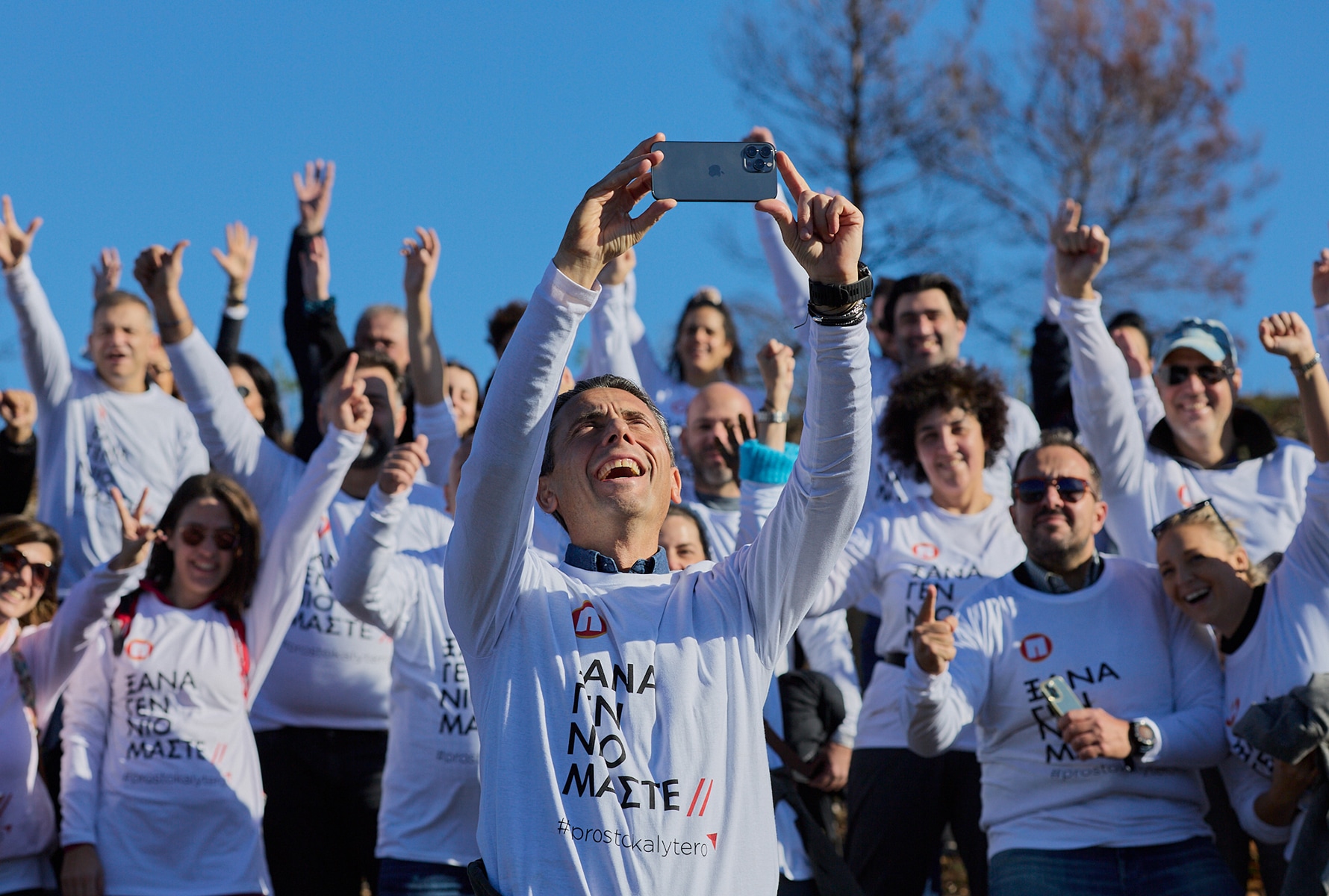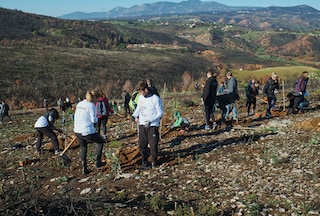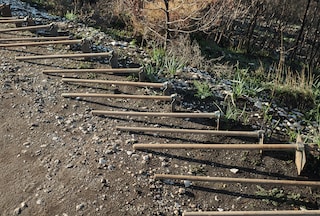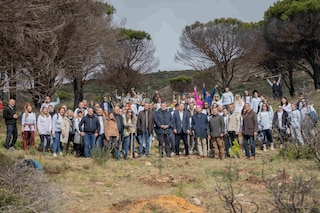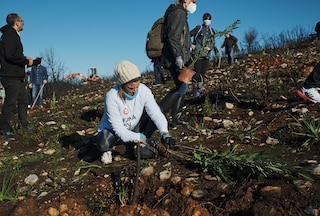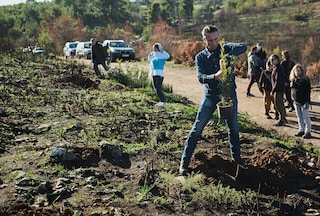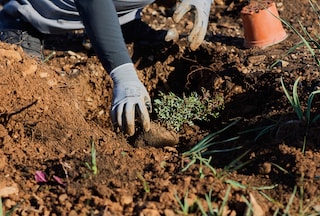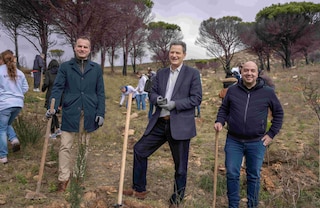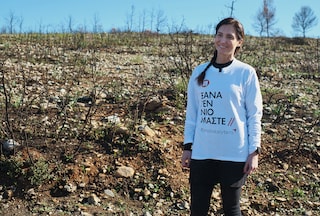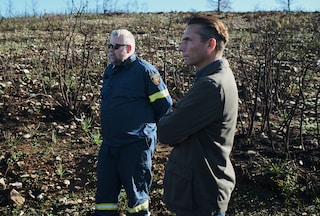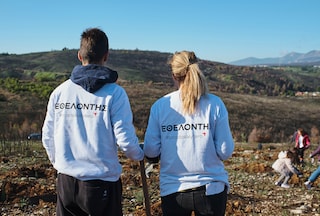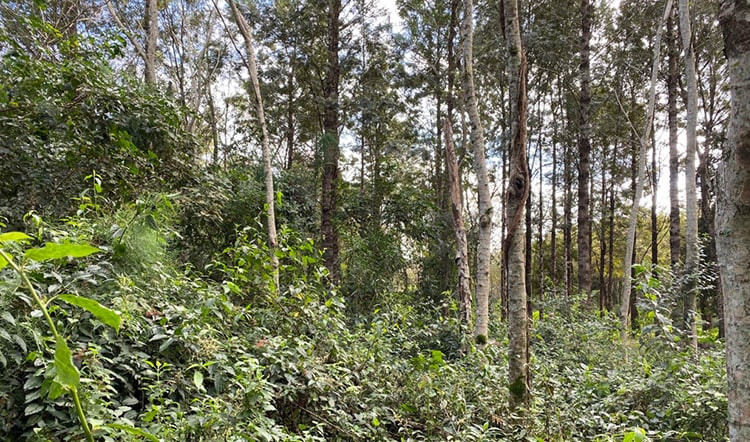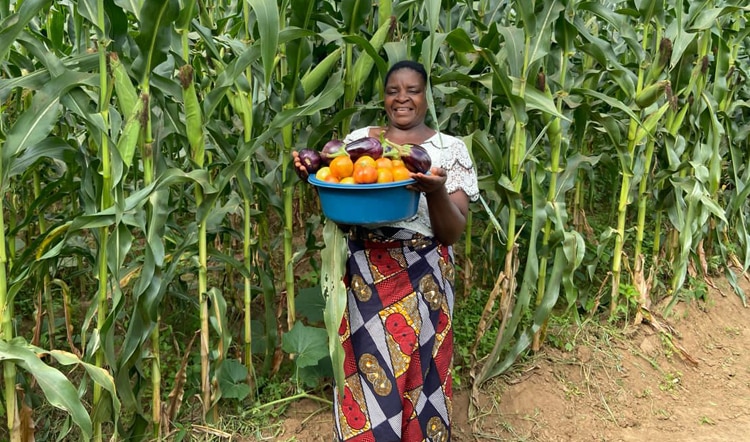Climate change is among the greatest threats facing society, with broad scientific consensus on the need to reduce greenhouse gas emissions to limit the rise in the global temperature to 1.5 ºC above preindustrial levels.
Yet, 2023 was the hottest year on record, filled with a cycle of devastating news reports documenting floods, drought, and heatwaves around the world. The rising number of natural disasters means even the most dedicated climate change skeptics can’t deny that our planet is showing the effects of global warming.
One country badly hit by natural disasters is Greece. For the past 20 years, it’s endured particularly severe forest fires, destroying on average 500,000 acres annually. One of the worst years for the country was 2023, with hundreds of fires breaking out almost daily over the summer. While some could be quickly extinguished, some raged for days, resulting in 1.8 million acres—home to a wide range of protected wildlife—being destroyed.
Papastratos, Philip Morris International’s (PMI’s) affiliate in Greece, has risen to this environmental challenge by committing to a structured reforestation program, within the frame of a national effort to reverse the damage that has been done to forests across the country while evaluating its possible contribution to PMI’s offsetting program.
“It is the largest corporate effort made in the case of artificial reforestation, making full use of the institution of the restoration surrogate and aiming to effectively plant 70,000 saplings,” said Vangelis Goudoufas, Head of Greece’s Directorate of Forestry Projects & Infrastructure.
The initiative aspires to set a standard for others to follow. The main aim is to support the country, local state, and citizens by creating new forests to replace those that have been destroyed, and to prove that businesses can take leading roles to tackle global sustainability challenges.
Planting seeds for the future
Following the 2021 fires, in January 2022, the team began a project aimed at planting the 70,000 trees on two sites on Mount Penteli, in the southern region of Attica, about 25km from Athens. These trees— which would never have “regreened” without human assistance as they were burned twice within a three-year period—will be monitored for three further years by professionals as part of a five-year project to ensure future growth. It has also received an official reforestation permit by the Greek Ministry of Environment, one of the very few initiatives that have had such an achievement nationwide.
“Here in the Mediterranean, we are extremely vulnerable, which is why it is important—alongside the protection of forests—to plant new ones,” said Theodoros Skylakakis, the Greek Minister of the Environment.
“It is an absolutely necessary effort where the vegetation has burned twice, meaning the possibility of natural regeneration does not exist, but it is also necessary in places that are currently barren, and we need to create new forests.”
KPIs are being tracked during the reforestation initiative, with the most important being the tree planting success rate—an uncommon practice for Greece. A minimum of 75 percent annual success rate for at least three years is Papastratos’s target. Trees can usually survive after that without further help.
By the spring of 2023, the initiative had planted 35,000 trees. Due to the extended 2023 heatwave, 8,000 failed to grow, but they have all been replaced. The project addresses Sustainable Development Goal (SDG) 15, to “protect, restore and promote sustainable use of terrestrial ecosystems, sustainably manage forests, combat desertification, and halt and reverse land degradation and halt biodiversity loss.”
In March 2024, the team launched the second installment of the initiative, planting a further 35,000 trees during an event with 150 Papastratos community members volunteering. The Minister of Environment & Energy, Mr. Theodoros Skylakakis was there to plant the first tree alongside Papastratos MD, George Margonis.
The additional 35,000 trees in the second reforestation location—the Municipality of Penteli—in spring 2024 was a key moment for Papastratos. The hope is that in five years, the vast majority of these 70,000 trees will still be alive. That would be a true sign of success.
